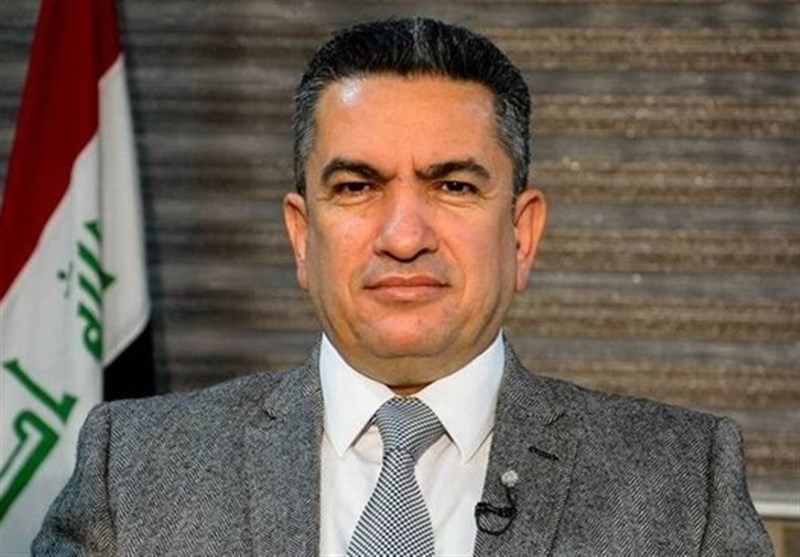Two weeks after Mohamed Tawfiq al-Allawi’s failure in forming a government and after the expiry of the 15-day deadline, President Barham Saleh formally assigned Adnan al-Zurfi to form the government. The move came after a seven-member committee comprising political groups of Iraq failed to nominate a new prime minister, and the Saairun coalition, led by Muqtada al-Sadr, delegated the power to nominate the new prime minister to Saleh.
(The Alliance Towards Reforms or Marching Towards Reform, also known by its Arabic short form Saairun is an Iraqi electoral coalition formed to gain political control in the 2018 general election).
The nomination of Adnan al-Zurfi to form the government came after the Iraqi media had announced that President Saleh intended to assign “Naim al-Suhail” to form the Iraqi transitional government, but Saleh changed his mind. Thus Adnan al-Zurfi, a member of Al-Nasr faction led by former Prime Minister Haider al-Abadi, stepped into an arduous road. Although some reports indicate that Al-Zurfi was assigned at a meeting attended by Federal Supreme Court President Mehmet al-Mahmoud; head of the Supreme Judicial Council Faeq Zaidan; and Parliament Speaker Mohamed al-Halbousi; however, Iraqi parties, groups and many personalities have already declared their explicit opposition to the choice of Al-Zurfi: Disagreements that do not stem from partisan attitudes and political differences of views, but Adnan al-Zurfi’s characteristics play a key role in shaping the opposition.
Al-Zurfi served as governor of Najaf for three years (2004-5, 2009-13, and 2013 to 2015), and at every stage had a poor record in social, religious and political spheres. He has been identified as one of the instigators behind the recent street protests in Iraq in line with the foreign policies (US and Saudi).
It is perhaps for this reason that Jawad al-Talibawi, a leader of the Asaib Ahl al-Haq movement, has described the nomination of Adnan al-Zurfi to head the Iraqi transitional government a conspiracy against the Axis of the Resistance and has predicted that the Iraqi parliament will not give the government a vote of confidence.
In addition to the opposition of the internal parties and the goals they pursue in this respect, the influence of regional actors should also be considered as influential factors in the process of forming a government in Iraq. Actors playing a strong role in the process of government’s formation in Iraq due to their experience, and their dissatisfaction can be a serious obstacle to the formation Al-Zurfi government.
However, as noted above, the obstacles on the Iraqi political scene play a more important role in preventing the process of government formation by al-Zufri: Obstacles that go back to ethnicities in Iraq and party affiliations on the one hand, and to the history of Iraqi party coalitions over the past few years over position taking on internal and external issues on the other.
Of course, some experts consider such partisan and crippling disputes in Iraq for the sake of the interests of political leaders and believe that the formation of a government in Iraq depends on the interests of these individuals and parties. Just as the failure to meet the political and economic demands of any major political coalition in Iraq can be a serious obstacle to the formation of the government. However, the issue of how to take a stand on the United States, and in particular on the withdrawal of American troops, is a new issue that has affected the process of Iraqi political equations and created a new classification among the country’s current political coalitions.
It is clear that in such a situation, Al-Zurfi’s dual citizenship and his desire to align with Washington would arouse opposition from some coalitions and political groups in Iraq and will probably prevent his government from being cleared by the parliament. Therefore, it can be said that the fate of Al-Zurfi will not be better than that of Al-Allawi and he must now think of his possible failure to form a government.










0 Comments